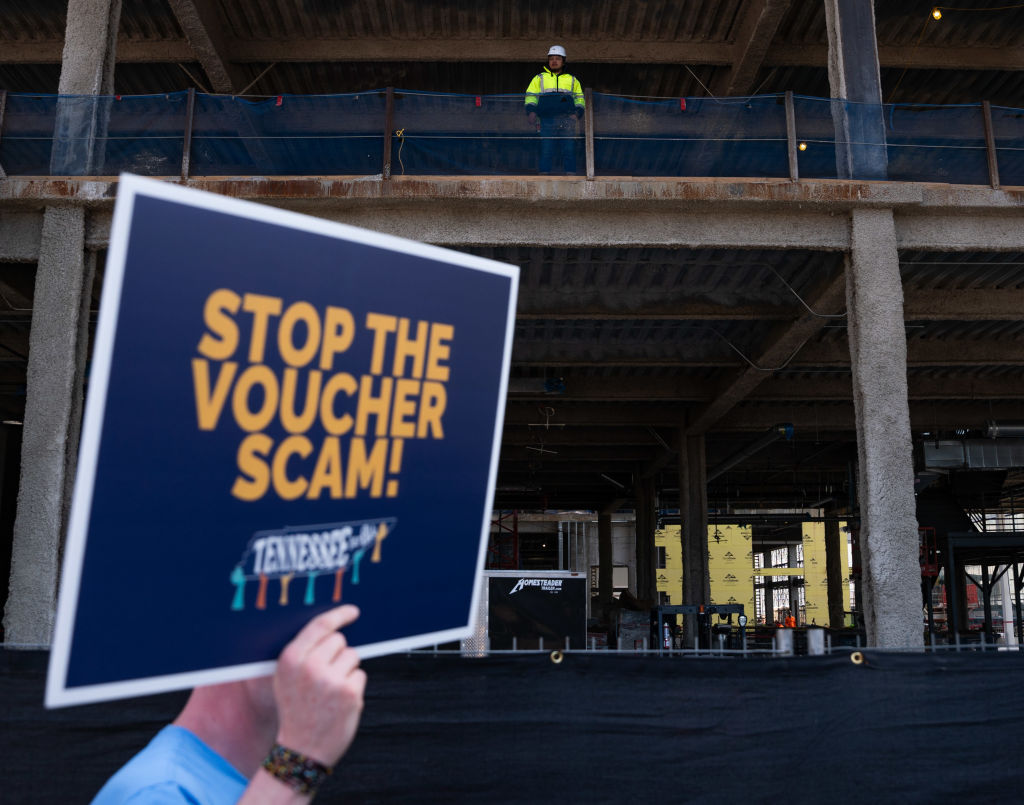OPINION: Immigration Crackdowns Make Juneteenth Especially Relevant
By Stephanie Robinson:
Well, it’s truly a holiday weekend, folks! Of course, on Sunday, we pay tribute to the fathers in our lives, biological or not, who have played a role in shaping us, guiding us, influencing us, or just being there at important moments along the way.
But also this weekend, on Saturday, we celebrate Juneteenth, the day 145 years ago when news finally made its way to Texas that slavery was no longer the law of the land. It was on June 19th 1865 that Union soldiers arrived at Galveston, Texas with word that the Civil War had ended and that enslaved Africans in the region were free.
Text continues after gallery …
This occurred two and a half years after President Lincoln’s Emancipation Proclamation since the measure had little impact on Texas given a lack of Union troops in the area to enforce it until the 1865 surrender of the Confederacy.
While we celebrate this fascinating bit of history and the newfound freedom of our ancestors in Texas this weekend, we also should acknowledge the recent threats to such freedoms that risk throwing us all back to a darker time in our country’s past.
Let me explain. Way back in the 19th Century –prior to Juneteenth– down in Texas, people of color were stopped when traveling away from the plantation and told to produce their papers showing that they’d been given permission to move about. Even if they had the correct papers, they were commonly harassed by authorities.
Sadly, here in the year 2010 –in so-called ‘post racial America’– the state of Texas is currently considering taking Arizona’s lead and introducing legislation where Texas authorities can, once again, stop, potentially harass, and ask people of color for their papers.
And those of you who think these disturbing legal measures don’t pertain to us as black folk best think again.
First off, a substantial number of Latinos are black. The term Latino does not refer to a racial categorization; Latinos, of course, can be both black and white and a substantial number are black.
Second, when has racial profiling not affected us? How many of you really believe that cops with bad intentions are going to try and decipher a difference between black and brown before demanding papers or harassing us?
And, most importantly, why would anyone feel it is actually okay to legalize –a century and a half after the end of slavery—a process by which people of color on the streets of our nation could be stopped and asked for their papers…???
No matter how you feel about immigration, such laws are definitely not the answer. In fact, they are a serious threat to the civil liberties of all Americans.
So as you celebrate the spirit of Juneteenth and the belated emancipation of those deep in the South 145 years ago, let’s make sure we are not guilty today as people of color of throwing ourselves back to a time where folks could stop us and ask us for our papers.
Because the line between freedom and security is as about as thin as the line between black and brown.
Paper thin.
Stephanie Robinson is President and CEO of The Jamestown Project, a national think tank focused on democracy. She is an author, a Lecturer on Law at the Harvard Law School and former Chief Counsel to the late Senator Edward M. Kennedy. Stephanie reaches 8 to 10 million listeners each week as political commentator for the popular radio venue, The Tom Joyner Morning Show. Visit her online at http://www.StephanieRobinsonSpeaks.com
RELATED STORIES
Why Blacks Are The “Invisible Minority” In Immigration Rallies
Lawsuits Expected Over Arizona Immigration Law















